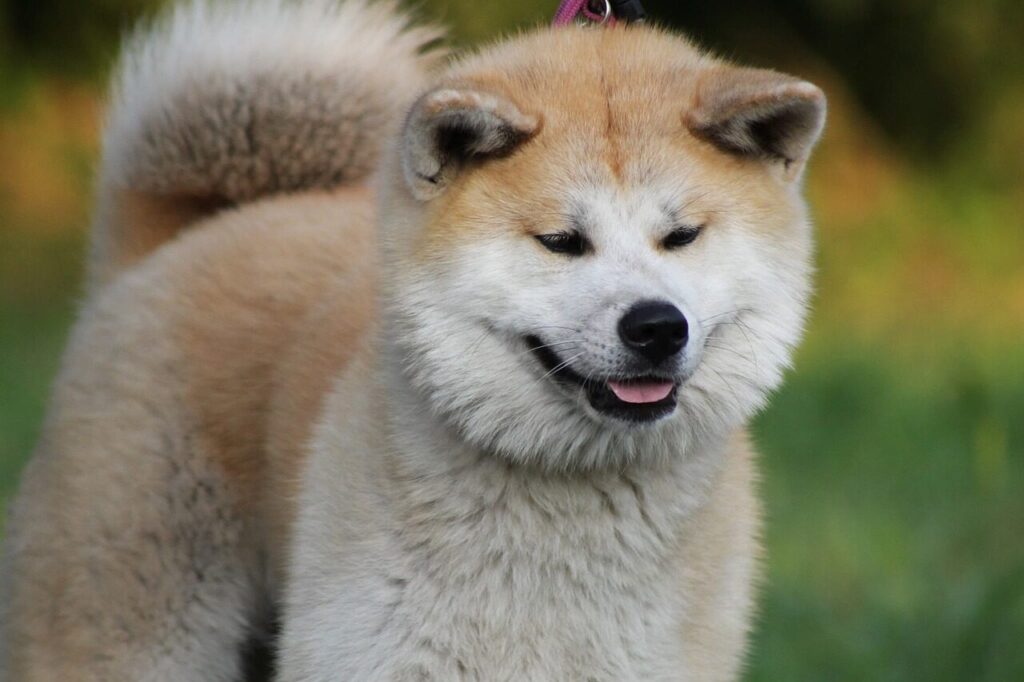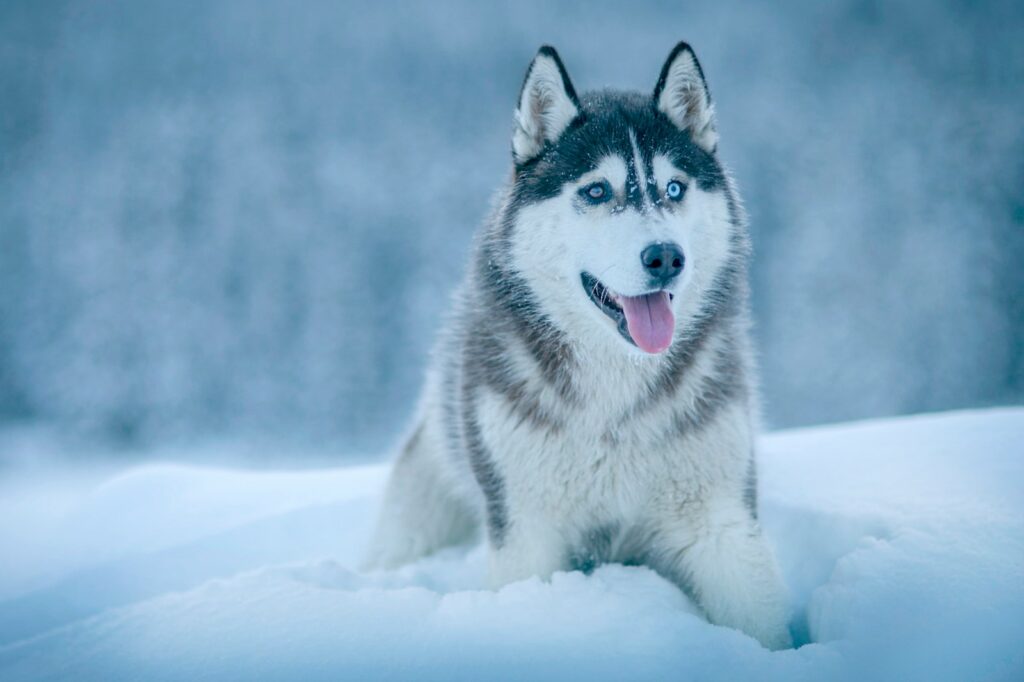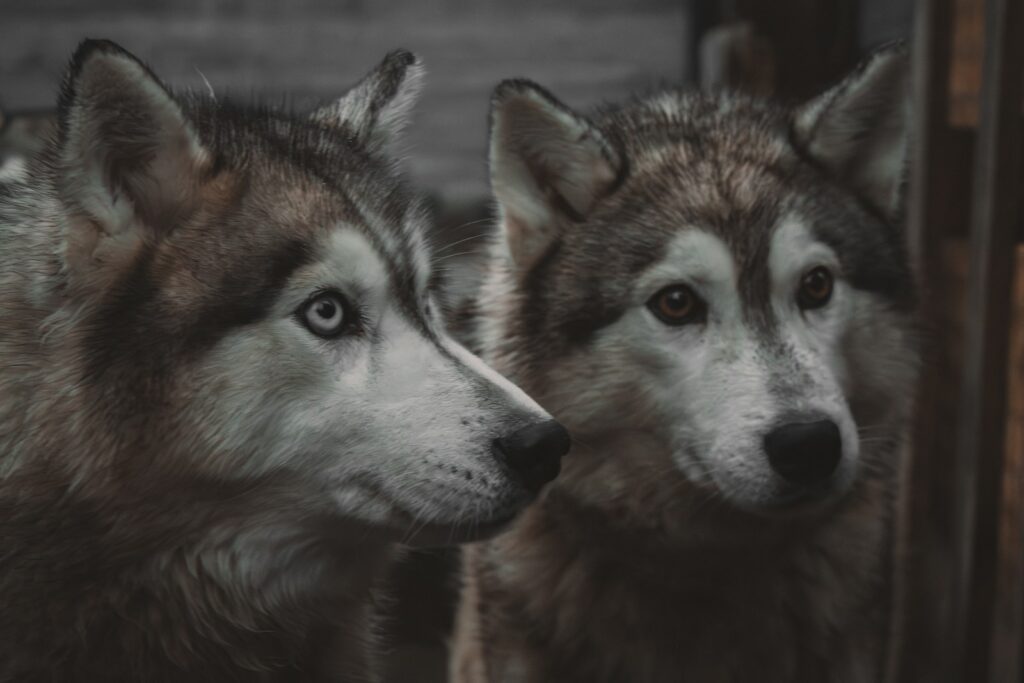Adopting a dog brings joy and companionship, but for many owners, reality quickly replaces excitement. Across shelters worldwide, increasing numbers of dogs are surrendered because owners can’t meet the demands of their breed. Often, the issue isn’t bad ownership, it’s mismatched expectations. High energy levels, training needs, or lifestyle changes overwhelm families who underestimate the responsibility. Knowing which breeds frequently end up in shelters helps potential owners make thoughtful, sustainable choices before bringing one home.
1. Alaskan Malamute

The Alaskan Malamute is a majestic, strong working breed originally developed for pulling sleds through Arctic terrain. Their thick coats, intense stamina, and need for constant exercise often overwhelm casual dog owners. Without a job or plenty of physical and mental stimulation, these dogs can become destructive or vocal. Their size and strength require firm handling and space, something many suburban homes lack. Once owners realize the daily commitment required, many Malamutes are sadly surrendered to shelters.
2. Akita

Akitas are loyal and protective, but also highly independent and strong-willed. These striking dogs need experienced handlers who understand how to establish clear leadership and socialization early on. Unfortunately, many first-time owners adopt Akitas for their beauty without realizing how much structure they need. Their territorial nature can make them difficult in multi-pet homes, leading to behavioural issues. When unprepared owners struggle to manage their power and dominance, Akitas often end up in rescues or shelters.
3. Boxer

Boxers are playful, affectionate, and brimming with energy, making them great companions for active families. However, that same boundless enthusiasm can become overwhelming for owners unprepared for their exercise needs. A bored Boxer may chew, dig, or develop destructive habits. Their exuberance and size make them challenging for smaller homes or busy owners who can’t offer daily playtime and training. Many Boxers find themselves surrendering when that initial charm gives way to frustration and fatigue.
4. Beagle

The Beagle’s compact size and charming face make it a favorite among families, but appearances can be deceiving. Bred for hunting, Beagles have an intense sense of smell and unstoppable curiosity. They follow scents relentlessly, often escaping or ignoring commands. Their persistent barking can also create problems in urban settings. Without enough exercise or mental stimulation, Beagles can become restless or noisy. Many are surrendered when owners realize this “small dog” comes with big energy and endless determination.
5. Chihuahua

Though tiny, Chihuahuas have enormous personalities, and that’s precisely why they often end up in shelters. Many people adopt them thinking they are low-maintenance lap dogs, only to discover their strong will and sensitivity. When spoiled or under-socialized, Chihuahuas can become anxious, yappy, or even aggressive. Their small size also makes them fragile around children, leading to misunderstandings and fear-based biting. Sadly, when owners fail to train or respect their limits, these little dogs are frequently abandoned.
6. German Shepherd

German Shepherds are intelligent, loyal, and protective, but they are also one of the most demanding breeds to own. These dogs require extensive training, constant exercise, and firm leadership to thrive. Their working background means they need both mental and physical challenges every day. When neglected, they can develop anxiety or aggressive behaviors. Many families adopt them for their beauty and reputation as guardians, but without commitment to their needs, these powerful dogs too often end up in shelters.
7. Labrador Retriever

The Labrador Retriever is one of the world’s most beloved breeds but also one of the most frequently surrendered. Their popularity means they’re often chosen impulsively. While Labs are friendly and adaptable, they need lots of exercise, space, and mental engagement. Without it, they can become hyperactive or destructive. Their shedding, size, and appetite can overwhelm busy households. When owners realize that the playful puppy grows into a large, energetic adult, many Labs sadly find themselves in rescues.
8. Dachshund

Dachshunds, with their long bodies and short legs, are charming but surprisingly challenging pets. They were bred to hunt burrowing animals, which means they are bold, stubborn, and highly alert. Many owners are surprised by their independence and strong prey drive. They can be vocal, territorial, and difficult to house-train. Inexperienced families often misjudge their temperament, assuming they’ll be simple lap dogs. When behavioral issues or back-related health costs arise, Dachshunds are frequently relinquished to shelters.
9. Rottweiler

Rottweilers are powerful, intelligent, and loyal, but they require confident, experienced owners who can guide them properly. Poor training or lack of socialization can quickly lead to dominance or protective aggression. Because of their strength, landlords and insurance companies sometimes restrict them, forcing owners to give them up. Rottweilers thrive with firm structure, purpose, and attention. Sadly, many end up in shelters after owners underestimate the responsibility or face restrictions due to this misunderstood breed’s reputation.
10. Siberian Husky

Siberian Huskies are stunning dogs known for their striking eyes and wolf-like appearance, but they are not for everyone. They require constant exercise, mental stimulation, and secure fencing, as they are escape artists by nature. Without vigorous activity, Huskies become restless and destructive. Their heavy shedding and vocal nature also surprise many first-time owners. As a result, they are one of the most commonly surrendered breeds when reality clashes with romantic expectations of owning a “beautiful snow dog.”
11. Dalmatian

Dalmatians attract attention with their distinctive spotted coats, but few owners understand how much care they demand. These dogs are athletic, intelligent, and sensitive, which can lead to frustration in sedentary homes. Without daily exercise and structured training, they develop behavioral problems. Additionally, Dalmatians are prone to deafness and allergies, which can increase veterinary costs. Their high energy and special needs often surprise owners, leading to an unfortunate number of Dalmatians being surrendered each year.
12. Alaskan Husky

The Alaskan Husky, a cousin of the Siberian Husky, was bred for endurance and work, not companionship. These dogs excel at pulling sleds and thriving in cold climates, but in typical homes, their energy becomes overwhelming. They need hours of activity, mental challenges, and space to roam. When confined or under-stimulated, they dig, chew, and howl out of frustration. Many owners underestimate their intensity, and shelters report increasing numbers of Alaskan Huskies surrendered due to unmanageable behavior.
Comments